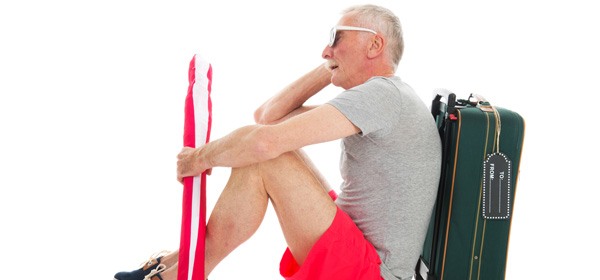When it comes to beating jet lag there is no shortage of advice out there, but often these ideas conflict with each other, while others sound nonsensical. Forget about the fad diets, starvation techniques, pills, melatonin supplements or the like, the answer may be in the quality of the air that we breathe. Or, more precisely, the lack of air quality.
Oxygen deprivation may be the key to making sure we hit the ground running after we get off our flights, according to a recent study.
A team of researchers from the Weizmann Institute of Science in Israel and the University of Bristol in England found that when mice breathed air with about one-quarter to one-third less oxygen than usual, they adapted to a six-hour time change more rapidly than mice that breathed regular air.
The study goes some way to providing a link between oxygen and keeping our circadian systems in check.
Jet lag is what happens when your sleep patterns are not synchronised with your circadian rhythms.
The scientists monitored oxygen levels in the blood and tissues of mice to learn more about the role of oxygen in regulating circadian rhythm. They found that the mice consumed more oxygen when they were in darkness (this is their active phase, since they are nocturnal) and consumed less oxygen when exposed to light (when they rest).
The next step was to get two groups of mice accustomed to 12 hours of light and 12 hours of darkness, and once the pattern was strongly formed, the scientists made a one-off time adjustment by six hours to mimic the effects of jet lag. One group of mice consistently breathed air with 21 per cent oxygen (as mice and humans do), while the second group had air with only 16 per cent oxygen for the 12 hours before the time adjustment.
The mice with the 16 per cent oxygen adapted to the new lighting schedule considerably faster than their counterparts, as judged by their eating, running and sleeping.
This puts the onus of finding a cure for jet lag back on airline operators who regulate the level of oxygen inside the cabin. Unfortunately, passengers may experience problems similar to altitude sickness if the level of oxygen in the air drops in a flight. That means we may be stuck with the regular advice of drinking plenty of water and trying to sleep on the flight to beat the jet lag blues.
Related articles:
London to Melbourne minus jet lag
Natural cures for jet lag
How to jettison jet lag

